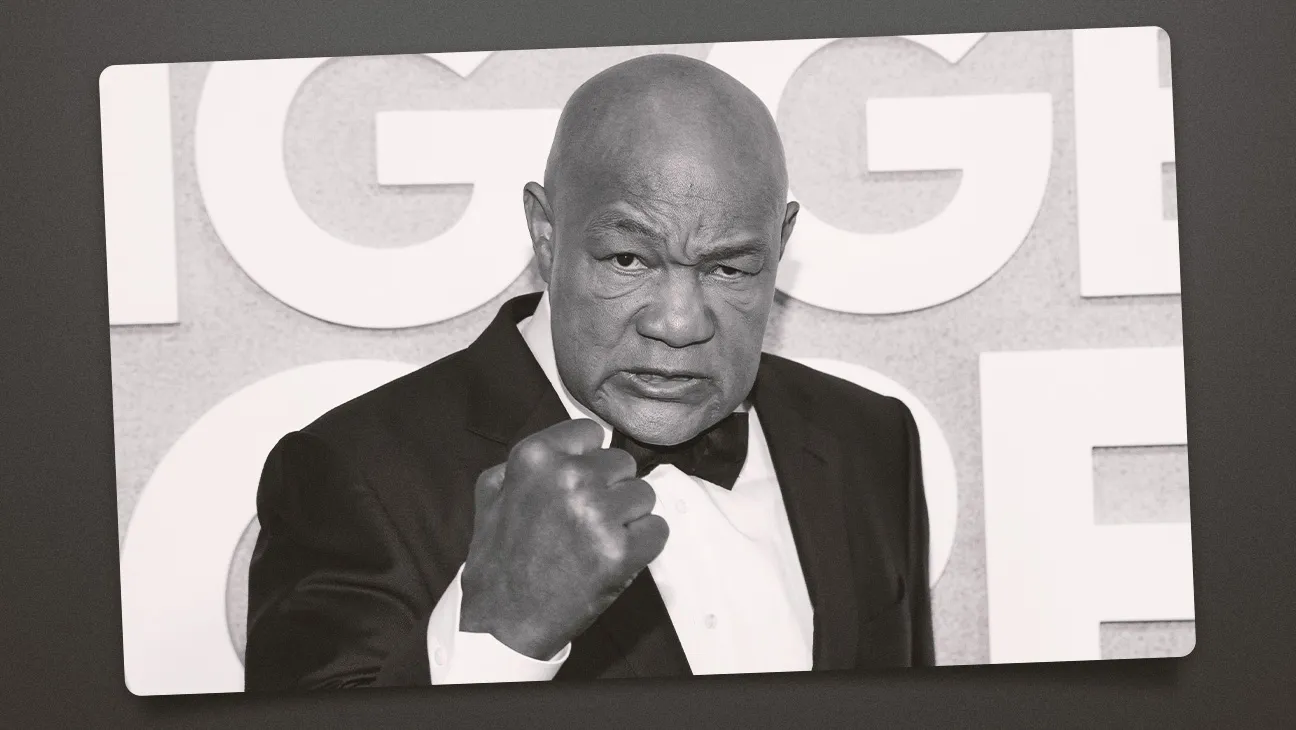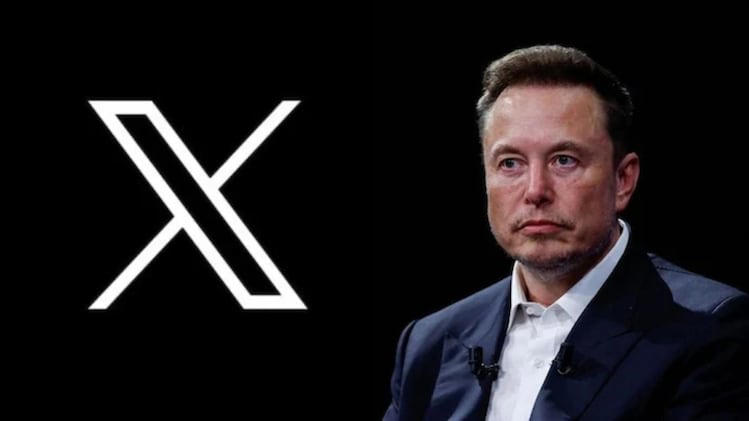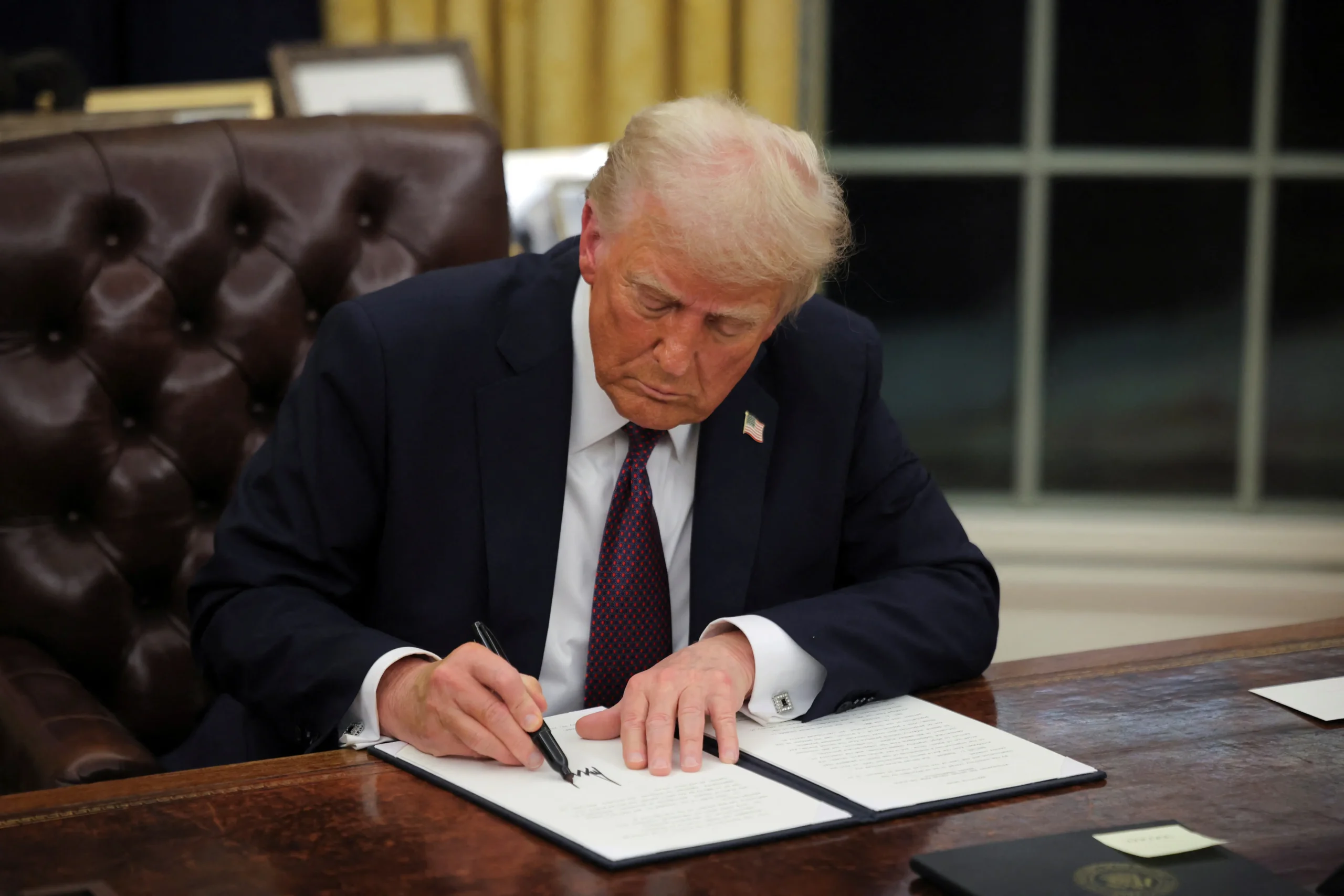TikTok Denies Report of Potential Sale to Elon Musk amid US Ban Deadline
TikTok has dismissed a Bloomberg report suggesting that Chinese officials are considering allowing the social media platform to be sold to Elon Musk if the US Supreme Court upholds a ban on the app. A TikTok spokesperson called the claim “pure fiction,” responding to speculation that Musk’s social media platform, X, could take control of TikTok’s US operations. The report, citing unnamed sources, outlined a possible scenario where Chinese authorities might permit the sale of TikTok’s US business to Musk, the world’s richest person and a close ally of US president-elect Donald Trump. The US Supreme Court is set to rule on a law that imposes a January 19 deadline for TikTok to either sell its US operations or face a potential ban due to national security concerns. TikTok has consistently opposed the idea of selling its US business. “We can’t be expected to comment on pure fiction,” a TikTok spokesperson told BBC News. This latest development comes amid ongoing legal and political tensions. Last month, Trump urged the Supreme Court to delay its decision until his return to office on January 20, allowing him to seek a “political resolution.” Trump’s lawyer filed a brief opposing the TikTok ban, citing the potential for a resolution through political channels once he assumes office. In the meantime, Democratic lawmakers have also called for the 19 January deadline to be extended. Senators Edward Markey and Representative Ro Khanna urged President Joe Biden and Congress to push for more time to address the matter. The Supreme Court appeared inclined to uphold the legislation during a recent hearing, with justices focusing on national security concerns that led to the law’s creation. The Biden administration has argued that without a sale, TikTok could pose a security risk, potentially being used by China for espionage or political manipulation. However, TikTok has vehemently denied these allegations, claiming that the law to ban the app violates users’ First Amendment free speech rights.



